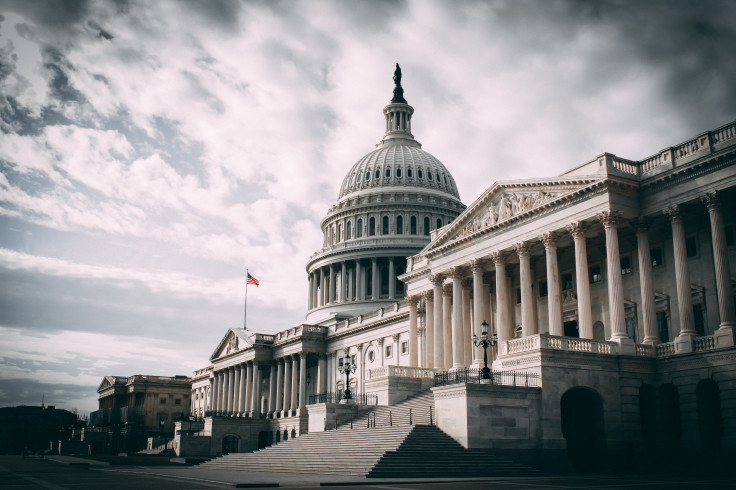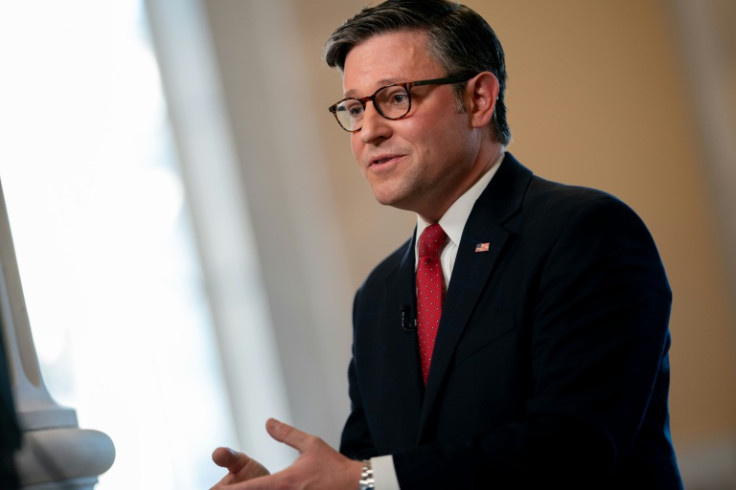
The border security bill introduced by Republican leaders in the House was quickly met with criticism from hardliners within the party, who slammed it for not going far enough and said it was a weak effort to appease them for moving forward with a separate foreign aid bill.
"That is a joke," Republican Representative Bob Good, the chair of the House Freedom Caucus, told reporters when talking about the bill. "It's the shiny object for Republicans that are saying we got to do something for the border," added Marjorie Taylor Greene.
The House is expected to vote on the initiative in the coming days. But even if it passes in the lower chamber, it's expected to face staunch opposition from Democrats in the Senate. Many of the provisions are similar to a former bill called H.R. 2, which was immediately ignored by the Senate after the House passed it last May.
Speaker Mike Johnson, under fire from some members of his party for his willingness to push the foreign aid bill, defended the initiative. "We're gonna push a very aggressive border security measure on the floor. It's part of this whole process. All these things are intertwined," he told reporters Wednesday afternoon.

"I think it's gonna be a popular measure, and I expect we're gonna vote that through with a big, sadly I think it'll be a partisan vote, but I believe every Republican will support it, and then we will go out and tell the American people we're still fighting for you," he later added. He's been criticized for moving ahead with a separate bill to send aid to Israel, Ukraine and Taiwan.
The bill includes harsh limitations for asylum seekers and would also require continued funding to build a border wall. It also limits other pathways for legal migration to the U.S. and resumes the "Remain in Mexico" program, which requires migrants to remain on the other side of the border while their cases are processed.
Immigration measures have been at a stalemate after Republicans this year rejected a bipartisan package that allocated $15 billion to border security policies after Donald Trump, the expected GOP presidential candidate, said it didn't go far enough.
Ever since, President Joe Biden has been considering imposing unilateral measures through executive actions, especially considering that immigration has become a top issue in the presidential campaign and most polls show voters' discontent with the government's current approach.
Among the measures considered: a sweeping presidential authority that allows him to "suspend the entry" of foreigners when it is determined that their arrival is not in the best interest of the country; and the ability to turn asylum seekers away if they cross illegally. Making it harder for asylum-seekers to pass the first interview to determine whether they can stay in the country is also under review.
© 2024 Latin Times. All rights reserved. Do not reproduce without permission.
Almost four in ten Latinos report being called a racial slur in the past year
NYC authorities to start initiative to deter migrant children from selling candy in the subway
More than four in five Latinos believe politicians don't care about what they think
UN office denounces increase of enforced disappearances in Venezuela as elections loom
